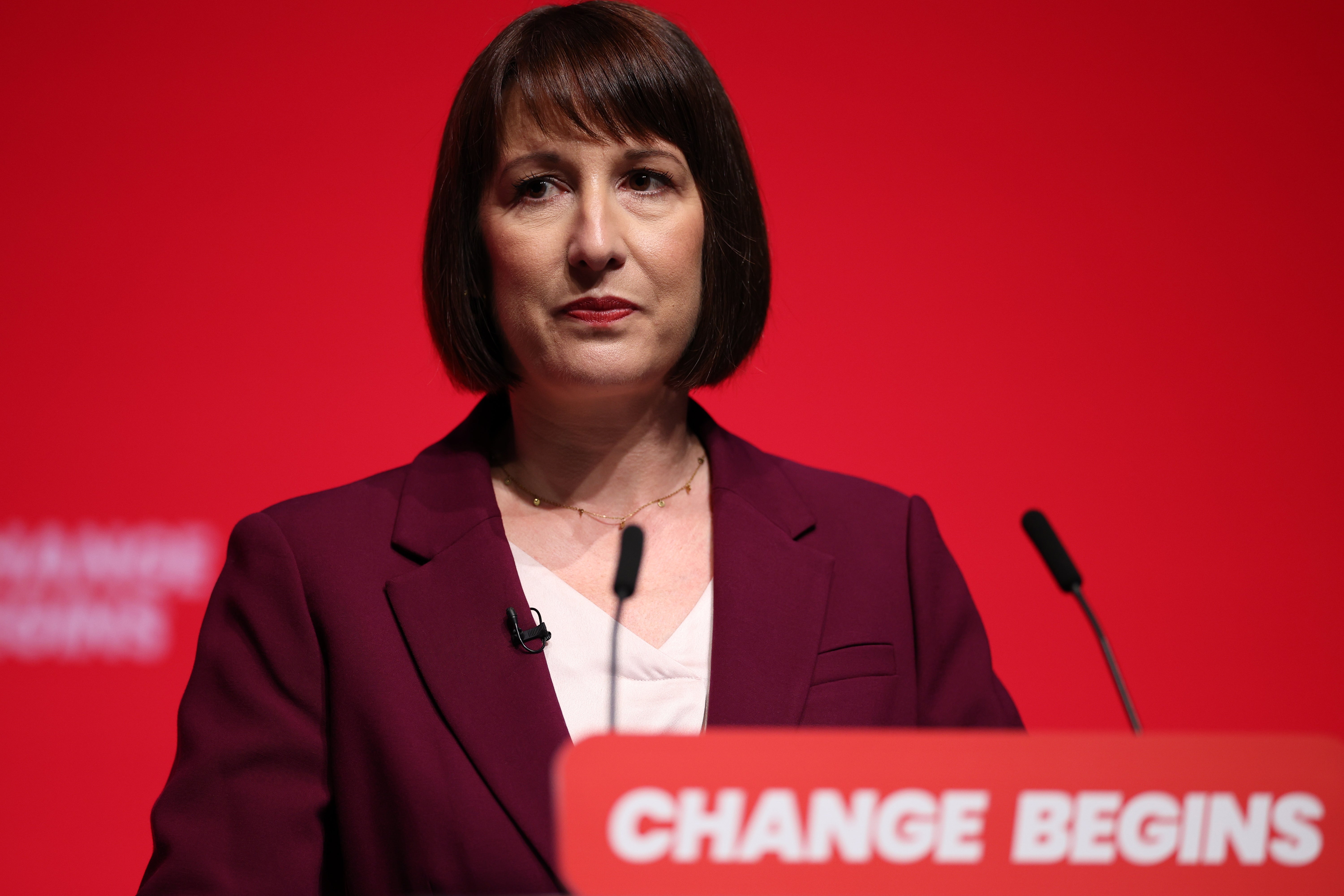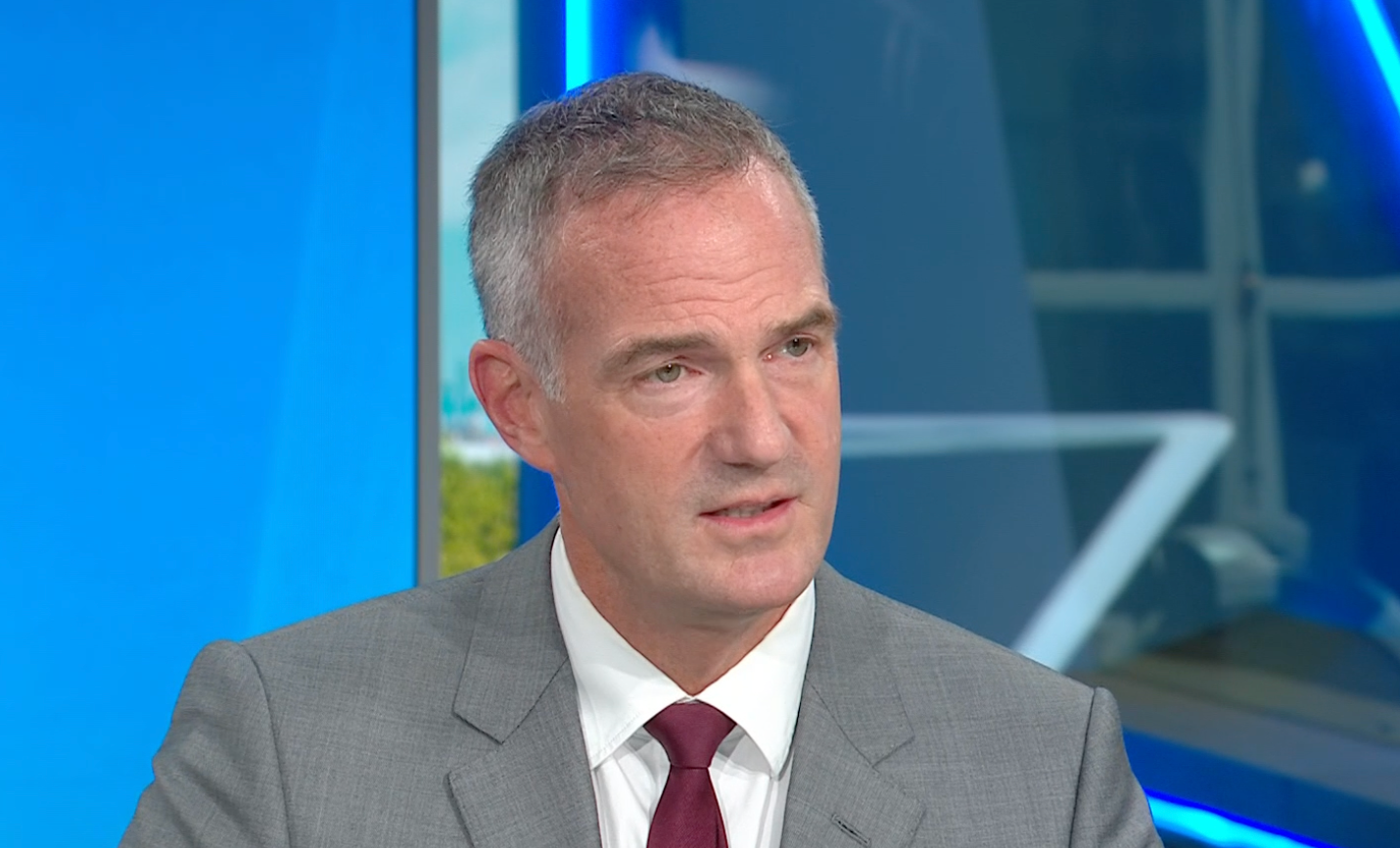
Rachel Reeves Warns of Risks Associated with Proposed £50 Billion Borrowing Plan
Chancellor Rachel Reeves’s recent proposals have sparked a nationwide conversation about the potential implications of increased borrowing for the UK economy, particularly the mortgage market. The Treasury’s analysis highlights alarming prospects of heightened interest rates, as the government contemplates changes to its fiscal rules to allow up to £50 billion in additional expenditure.
 The fiscal future of the UK hangs in the balance as discussions about increased borrowing unfold.
The fiscal future of the UK hangs in the balance as discussions about increased borrowing unfold.
The Treasury’s research paper, published in December, outlines that rewriting fiscal rules to accommodate higher borrowing could significantly amplify the cost of debt for the UK government. Shadow Chancellor Jeremy Hunt has painted a bleak picture, warning residents of potential ‘mortgage misery’ as the consequences of these fiscal changes sink in. The paper ominously notes that a mere 1% increase in GDP would precipitate a peak hike in interest rates of up to 1.25%.
As the UK grapples with rising financial pressures, every £25 billion added to annual borrowing may elevate interest rates by 0.5% to 1.25%. This stance is echoed by the Institute for Fiscal Studies (IFS), which cautions that any extra borrowing could unleash significant repercussions on interest rates, thereby complicating the housing market’s recovery.
With mortgage rates experiencing a recent decline after surging post-Liz Truss’s controversial mini-budget, the potential for rates to spike again is particularly concerning. Currently, central interest rates stand at 5%; therefore, a rise to 6.25% could result in an extra £200 monthly cost for average mortgage holders. These fluctuations underline the urgency of evaluating how fiscal policies affect homeowner finances across the UK.
The government admits that ’tough decisions’ are imminent in the impending 30 October budget due to a projected £22 billion deficit originating from prior administrations. Jeremy Hunt emphasized the importance of sustainable fiscal strategies, stating, > “The consistent advice I received from Treasury officials was always that increasing borrowing meant interest rates would be higher for longer – and punish families with mortgages.”
Global economic conditions further complicate the picture, as the Bank of England is expected to adjust rates amid economic recovery efforts. Peter Kyle, Secretary of State for Science and Technology, insists that the government has the financial means to invest appropriately. He argues for a dual approach: addressing the inherited deficiencies from previous governance while igniting economic growth through strategic investment. He acknowledges, “It’s how you actually invest… you have to get the economy going.”
 Chancellor Rachel Reeves’s fiscal plans may redefine the future of UK finances.
Chancellor Rachel Reeves’s fiscal plans may redefine the future of UK finances.
A spokesperson for the HM Treasury remarked on the complexity of the correlation between fiscal strategies, inflation, and varying interest rates, acknowledging the shifting dynamics over time. Chancellor Reeves has reassured the public that she intends to uphold rigorous management of public finances and prioritize the protection of working families.
The ongoing fiscal debate raises questions on sustainable economic growth versus the risks of inflationary pressure and interest rate increases. The stakes are particularly high for homeowners and prospective buyers, as adjustments to fiscal policies ripple throughout the economy. Many will be watching closely to see how the Chancellor navigates this precarious situation to achieve a balance between stimulating growth and safeguarding housing affordability.
As the financial landscape evolves, staying informed on these developments will be crucial for anyone considering a mortgage or currently managing one.
 The UK economy’s future is uncertain as indicators signal potential shifts in borrowing regulations.
The UK economy’s future is uncertain as indicators signal potential shifts in borrowing regulations.
In conclusion, the implications of the proposed fiscal changes warrant careful scrutiny. As policymakers prepare for the upcoming budget, the potential outcomes will undoubtedly shape the mortgage landscape for many UK homeowners, and clarity on how to manage this fiscal challenge will be essential to avoid ‘mortgage misery’ for families across the nation.














